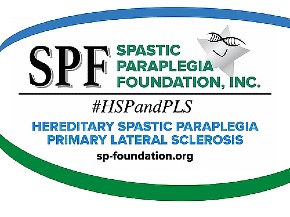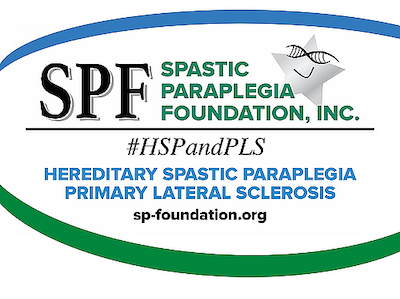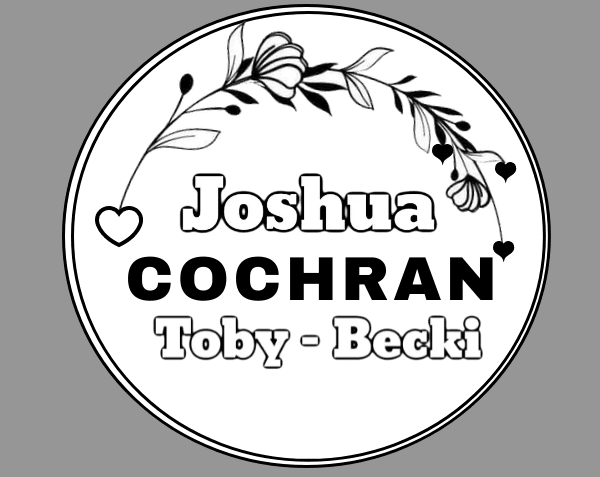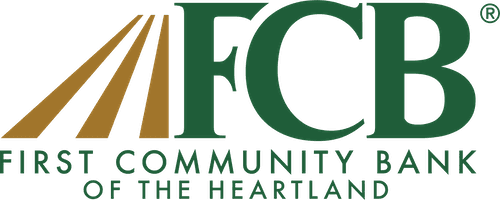Massachusetts General Hospital will soon start the first clinical trial that simultaneously tests multiple potential ALS medicines in the hopes of getting results faster at lower costs.
The Boston teaching hospital plans to launch the first “platform trial” in early 2020 at the Sean M. Healey & AMG Center for ALS, which was founded last year with $40 million in donations. The trial will be run by MGH, start off with five medicines, and take place at 54 clinical sites in the country.
Until now, a clinical trial of a potential drug for amyotrophic lateral sclerosis, the deadly degenerative neurological disease, took about a year to set up and another year to run, according to Dr. Merit Cudkowicz, a neurologist who oversees the new center.
When the trial failed to produce a beneficial drug — which was almost always the case, given that only two new drugs for Lou Gehrig’s disease have been approved since 1995 — researchers had to start all over.
“It’s a completely inefficient system,” said Cudkowicz, who has participated as a researcher in about two dozen ALS clinical trials in the past 25 years, only one of which led to an approved medicine.
But in the last five or six years, she said, the number of drug companies that have developed potential ALS treatments has surged — to about 130 companies worldwide.
“There are about 20 or 30 drugs ready to go into people, and we didn’t want to do them one at a time,” Cudkowicz said.
A platform trial cuts the time to find an effective treatment in half and decreases costs by about a third, proponents say. Multiple drugs are tested and evaluated simultaneously. New treatments are added as they become available, and others are dropped if they don’t work.
The setup also dramatically increases the chance that patients will receive an experimental drug instead of a placebo, according to proponents, which includes patients.
“This is huge,” said Sandy Morris, 53, who was diagnosed with ALS in January 2018 and lives in California outside Lake Tahoe. “If my legs could dance, I would be dancing in the streets.”
Platform trials have proven particularly effective in the testing of drugs to treat cancer, given the discovery of new targets for precision medicines. The champions of platform trials include Janet Woodcock, director of the Food and Drug Administration’s Center for Drug Evaluation and Research.
The Healey Center solicited applications from drug makers to participate in the ALS platform trial. The center received nearly 30 applications from 10 countries and selected five experimental drugs to start with.
Those five were developed by Ra Pharmaceuticals (RARX) of Cambridge, Mass.; Biohaven Pharmaceuticals Holding Company of New Haven, Conn.; Clene Nanomedicine of Salt Lake City; Prilenia Therapeutics of Israel; and Implicit Bioscience of Australia.
More drugs from other companies are expected to be tested as the platform trial proceeds.
Today, the only drugs prescribed to slow the progression of ALS are Radicava, approved in 2017, and riluzole, the generic name of Rilutek, which was OK’d in 1995. At best, neurologists say, they have a marginal effect. A third drug, Nuedexta, is prescribed to treat unpredictable episodes of crying and laughter that sometimes occurs in ALS. But the medicine doesn’t affect the underlying disease.
The Healey Center was founded last November with $40 million contributed by Sean Healey, the one-time CEO of the Florida investment firm Affiliated Managers Group, and by the company and by Healey’s friends and colleagues. Healey was diagnosed with ALS in May 2018.
“I saw the opportunity to really make a difference,” he told the Globe last November. “It seemed like exactly the right thing to do.”
The center is the largest hospital-based ALS research program in the world.













